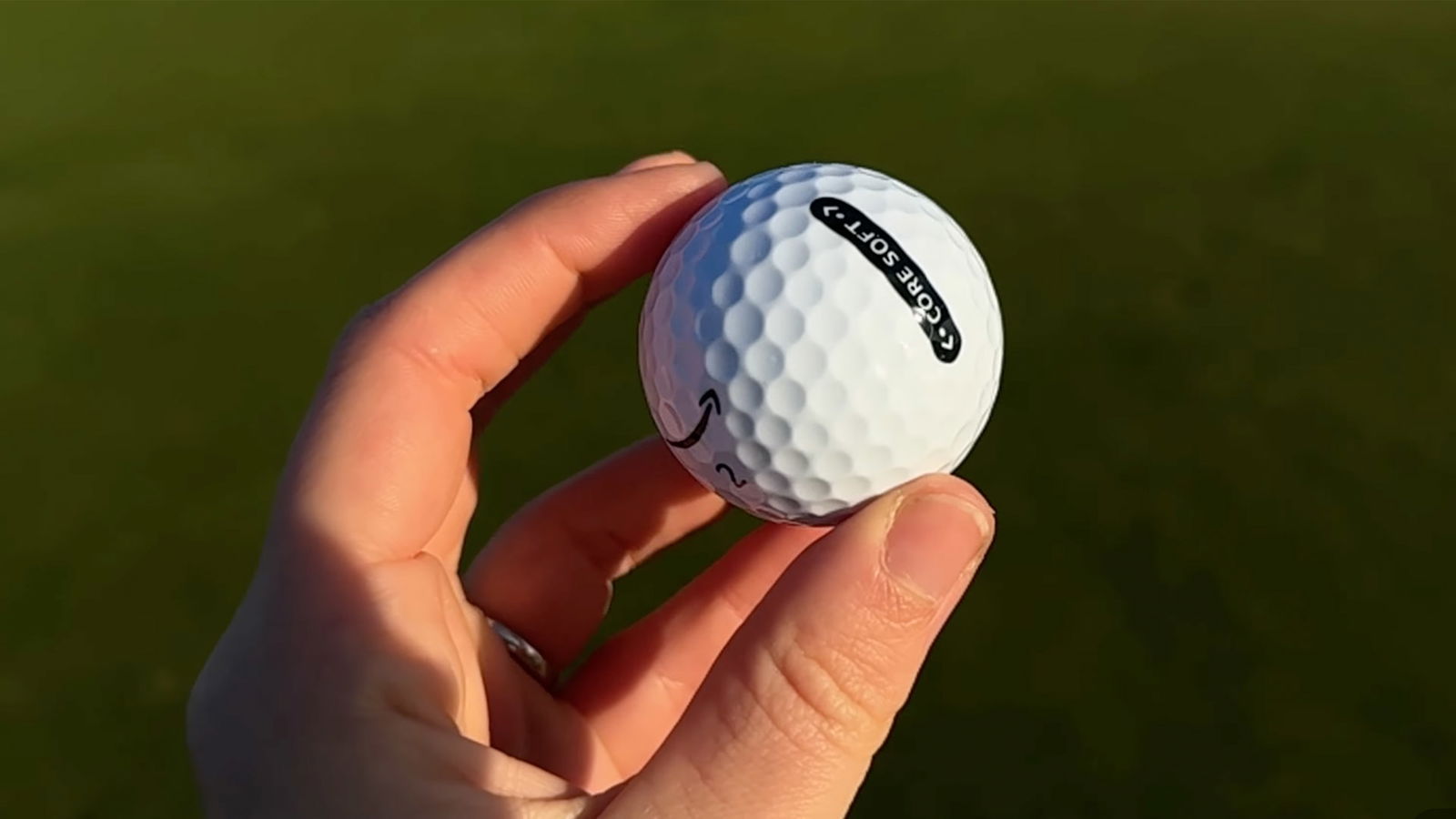'Hit it further juice': The Rory-approved supplement every golfer should be taking
A simple supplement has exploded in popularity in recent years, helping boost everything from swing power to brain power. Here's why you should consider taking it yourself.

GolfMagic may receive a small advertising or affiliate commission if you buy via our links. Pricing may vary.
It's no secret the life of the modern tour golfer involves a significant amount of time in the gym. Tiger reset the boundaries of strength and speed in the professional game back in the '90s, crediting much of his performance with the strict diet and training routine he followed. Following in his footsteps, many of the greatest players in the game have been, to varying extents, gym junkies.
Rory McIlroy is one such player, and while he emerged on the tour as a fairly skinny, floppy-haired youth with an insane talent for the game, in the decades since he's matured into one of the fittest, strongest players ever to play the game. At 36, he boasts one of the most impressive physiques on tour. Meanwhile, his distance stats (2nd on tour for driving distance this year, in case you were wondering) speak for themselves.
Rory, of course, has an entire team of strength and conditioning coaches, along with presumably some of the greatest minds in nutrition, at his disposal. You don't. But it's well-established that following a simple strength and mobility plan, along with a well-balanced, high-protein diet, can do wonders for your fitness, mental health, and your golf—particularly as you age.
One simple addition you can make to any fitness or supplement routine, however, is creatine: a supplement McIlroy has spoken at length about in the past—including in a much-shared diatribe he went on when chatting to Scottie Scheffler earlier this year.
"It's my 'hit it further' juice," McIlroy said. "If you're working out, it just helps you work out a lot harder,"
While creatine has been a popular supplement in the weightlifting community for decades, recent years have seen it emerge from the confines of the gym and enter the mainstream as an all-round health supplement. Here, then, is a brief run-down on what it is, and why you should probably be taking it if you want to play better golf.
What is Creatine?
Creatine is an organic compound that's naturally produced in the bodies of most vertebrates, including humans. Made up of three essential amino acids, its basic role is to supply energy in the form of ATP to your muscles to help them contract, meaning creatine supplementation has long been popular with those wanting to push their performance in the gym, build muscle, and unlock more strength and speed in the sporting arena.
Creatine supplements come in a variety of different types, however the overwhelming choice of athletes is to supplement with a simple powdered form of Creatine Monohydrate: a derivative of Creatine that dissolves into water and is more readily absorbed into the muscles. It's also readily available in tablet form, and is commonly incorporated into protein supplements like bars and powders.
What are the benefits of creatine?
The primary use of creatine supplements over the decades have been as a general supplement to aid weightlifting and bodybuilding. Creatine has a well-established positive effect on strength, endurance and muscular growth, and aside from protein powder, has perhaps the most overwhelming scientific consensus behind it in terms of its positive effects on athletes relative to its side effects.
More recently, however, a growing body have evidence has emerged that taking Creatine in higher doses can also have a positive role on a variety of systems within the body. A scientific analysis published last yea detailed Creatine's positive impact on anaerobic fitness in football players. Recent studies have also begun to detail the potential helpful effects of high doses of creatine in aiding brain power and memory, as well as slowing the decline of muscle mass and mental cognition as we age.
Creatine has long been traditionally dosed at somewhere between three and five grams per day, while the body naturally produces around 1g per day in addition to the small amounts provided by consuming protein-rich foods. In the video above, McIlroy himself professes to take 20g per day.
How can creatine help my golf?
With Creatine's qualities as an all-round health and strength supplement well-established, there are plenty of ways incorporating it into your own diet could do wonders for your game. If you engage in strength training to help unlock speed and power in your swing, or are considering doing so, Creatine will help you lift heavier and train harder for longer. Given the evidence surrounding creatine's positive effects on brain function, it also stands to reason that it might help with problem solving and clarity of thought when out on the course—something we all struggle with from time to time.
Of course, we always recommend chatting to a doctor first before making any radical changes to your supplementation. But if you're interested in trying it out yourself, you can grab some from the link below.


